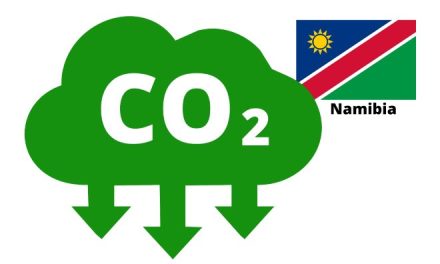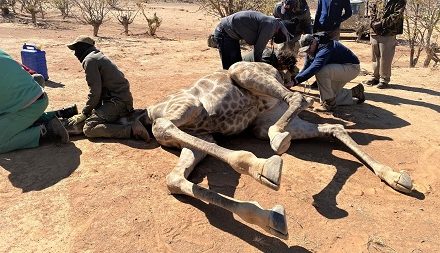
Saving Okavango’s unique life

ReconAfrica has been accused of deceiving regulators and investors about their activities by ESJT Economic and Social Justice Trust and Namibian communities and groups.
The Trust has recently received a complaint alleging that an oil company has provided investors with misleading information regarding their engagement with local communities, their non-compliance with relevant regulations, and the potential environmental risks associated with drilling in a protected area that includes the Okavango Delta, a designated World Heritage Site.
“The complainants request regulators to investigate the company for misrepresenting their on-the-ground activities to investors, who made trading decisions based on these misrepresentations. In the U.S. it is against the law to lie to investors to entice them to buy stock, and the complaint lays out clear evidence that U.S. investors did indeed buy a lot of stock in the company,” they added.
Farmers have reported land theft and the alleged disposal of drilling waste in unlined pits by ReconAfrica, despite the company’s claims of having a ‘world-class’ environmental and social program for investors, according to the Trust. An independent Parliamentary inquiry has also expressed concerns about potential corruption. However, the company continues to assert that it has complied with all applicable laws and makes these statements to investors and regulators.
“The 27-page complaint calls for a halt in trading while a full criminal investigation into the company’s leadership is carried out. The group has successfully challenged ReconAfrica’s statements in the past. Delivered on 29 August the submission is fully annotated and supported with hundreds of individual facts and has been delivered to the U.S offices of the Securities and Exchange Commission, the Department of Justice, The FBI’s Criminal Fraud Division, the German government’s financial fraud division called BAFIN, other investigators as well as Namibian regulators,” said the Trust.
Kapinga Kamwalye Wildlife Conservancy Chairperson, Thomas Muronga said Africa is not for sale, and our lands and our farms and water systems are not sacrifice zones for foreign companies to come and pollute.
“Those days of colonialism are over, we need sustainable development. We need renewable energy. It worries us deeply. Will Recon stop here, or will they keep destroying further? You never know where they are going to start, so what about our graves, what about our heritage and history, what about our future?” said Muronga.











































